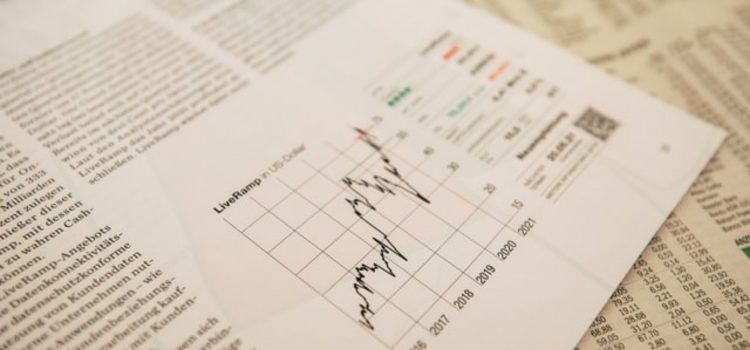What is autopilot investing? Why is it the best investment method, according to Burton Malkiel? Autopilot investing involves buying broad index mutual funds or exchange-traded funds, rather than buying active individual stocks. This is Burton Malkiel’s preferred method of investing, as he advises building a portfolio around index funds. Learn about autopilot investing below.
Autopilot Investing: The Right Way to Invest










